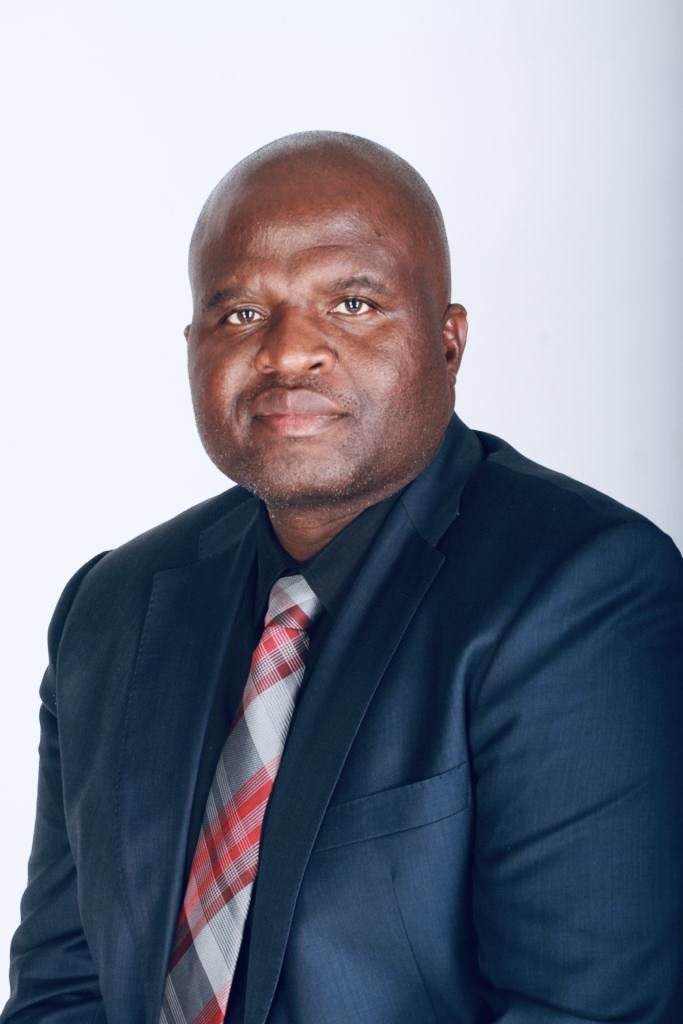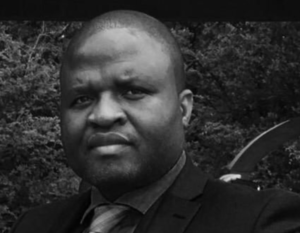Never has the air of inevitability been so obvious about the out-come of any elections since the 1990s as it is now. Then, with no visible opposition beyond Zanu-Ndonga in their one Chipinge constituency, it was a question of how many people bothered showing up. Even Tekere’s ZUM was never considered to be in danger of actually winning state power.
The coming of the Movement for Democratic Change (MDC); emboldened as it was by it’s successful lobbying for a “No” vote in the constitutional referendum months after its formation, introduced competitive elections to Zimbabwe, with the ones at the end of the first decade of the Noughts the closest.
After that, the party of Tsvangirai because the party of internecine warfare, with everyone in its leadership believing themselves to be due a turn at the helm. Factions sprouted, some serious, some; like my brother Job Sikhala’s MDC99 not so much: it is generally said among those less charitable to him that if the 99 was meant to denote his total number of supporters then he was being too generous with his counting.
The lawfare that finally killed off the party of Tsvangirai saw the birth of the so-called Citizens Coalition for Change (CCC), at once claiming the mantle of Tsvangirai and repudiating it. This party celebrates milestones from his time, but claims to be just a year old.
Officials are referred to by their MDC Alliance titles until it is convenient to say they aren’t: witness how, when it was re-ported that my brother had complained about being abandoned in prison, the CCC Information Department was quick to point out that Job Sikhala was in fact not their Vice Chairman because that was a role he held in the MDC Alliance.
Still, the CCC has managed to become the recognised sole serious opposition party in Zimbabwe: despite my brother Douglas Mwonzora’s principled stand on things, even if he wins his current foray into lawfare, the truth is that no serious person expects his party to win a single contested seat in the House of Assembly this year. Ours is not a politics of ideas and principle, but of personalities.
Alas, that one achievement seems to be the only one that awaits Nelson Chamisa’s CCC. Despite the sage wisdom of those that know better and those looking for a political home, Chamisa has run the party like one would run their garden project. No ideas other than his own are welcome. There are no structures. There is no constitution. There is no manifesto.
The selection of candidates for elections borders on the comical: with people being asked to confirm their “relationship with the Creator.” You almost hope that by “Creator” they are talking about Nelson Chamisa because, if they mean God, they run into obvious problems. First because Zimbabwe is a secular country. Second because that question makes them look, at best, like a cult.
At its worst, the Creator yardstick runs the risk of alienating the CCC’s western backers, who will now have to confront the obvious possibility that their chosen regime change agents might well be in the same mould as the mullahs of Iran prior to the revolution or the Taliban in Afghanistan prior to their taking power the first time. The LGBTQ lobby in the west will be watching nervously that these pseudo-religious zealots do not become another religious fundamentalist movement brought to power by uninformed western meddling.
But, they needn’t worry.
The CCC party’s plans to be the party of government after the 2023 elections are dead on arrival. No political formation has ever won power at the ballot without a plan. No political formation has ever won power through elections while having a total leadership team of three or sometimes four members.
And, much as one will be crucified for saying it; bible verses from the leader, or meaningless verbosity from the deputy spokesperson interspersed with homilies about “we need new leaders” from the spokesperson are no substitute for a manifesto that people can identify with and rally around.
Further, while it is very easy to claim that “half the people who voted for Zanu PF in their primaries are ours”, it is harder to convince anyone, including that half, that you should be taken seriously.
The Zanu PF primaries were not compulsory, and the candidates that won are all people that are genuinely popular in their constituencies. It is inconceivable to the point of ridiculousness that millions of CCC members turned out to vote for ZanuPF can-didates in their primaries and that, having done so, they chose the candidates most liked by grassroots ZanuPF supporters.
Here are the facts. In 2018, Nelson Chamisa got 2,460,010 votes. He claimed that he got 2,6million votes. Whatever number one chooses, that is still less than the total number that voted in the Zanu PF primaries!
Many of the party’s members did not vote in the primaries, but will definitely vote at the general election. The ZanuPF cell verification exercise confirmed a membership of over 4,5 million. The number of votes for ZanuPF in 2023 will get to the desired #5MillionVotesEDPFEE that they have been work-ing on, through their structures, since 2018!
Without a manifesto, without a plan, without a party with structures, armed with an army of two perhaps three officials and an exhortation to “Vote Yellow”, how does Chamisa hope to get the more than 3,5million votes that he will probably need to win? Surely not by the occasional bible verse or strategically taken photos of himself praying on some hill?
There will be plenty of excuses for failure, naturally. ZEC will be blamed. Mnangagwa will be the villain. Chiefs will be roped in for blame. The “uneven electoral playing field” will be blamed.
But, the one thing that will attract zero blame will be the amateur-ish, disorganised and downright naive manner in which Nelson Chamisa has approached this election.
Expect another five years of holding the country at ransom with fake appeals to legitimacy.
Tinomudaishe Chinyoka is a Harare based Advocate

